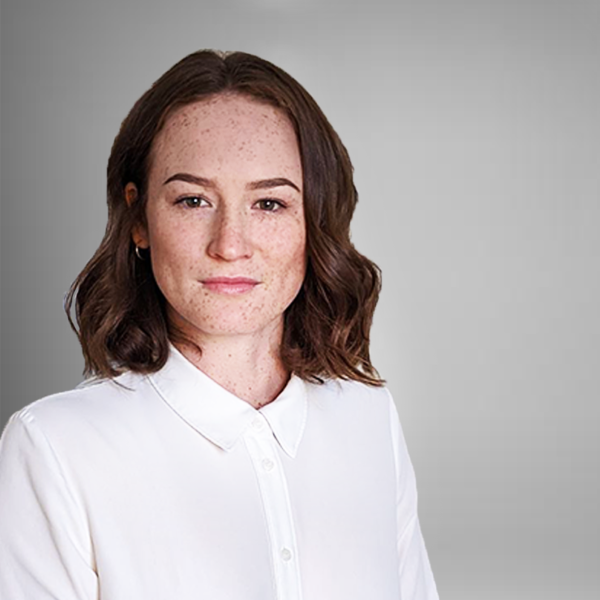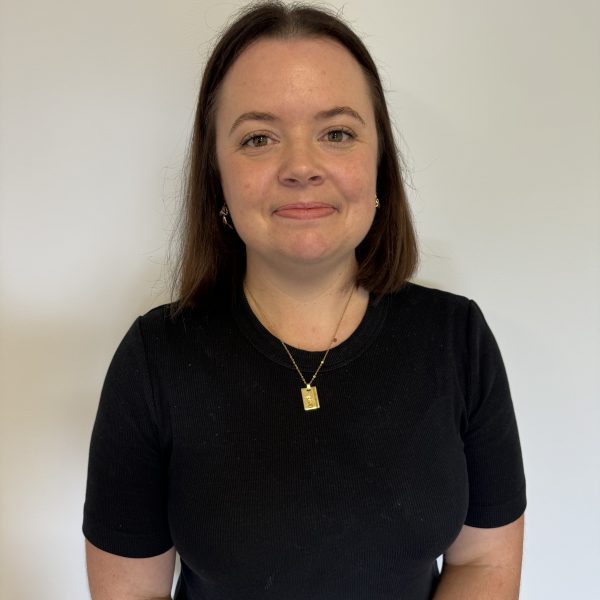Autism Spectrum Disorder (ASD) Assessments
At Brisbane Centre for Psychology here in North Brisbane we provide ASD assessments for children aged 6 years and older.
Autism Spectrum Disorder (ASD) assessments are a requirement in diagnosing individuals with Autism from an early age. It is a comprehensive evaluation conducted by one of our Brisbane Centre for Psychology practitioners here in North Brisbane. The assessment serves to gather information about an individual’s behaviour, development, and social interaction patterns in order to determine whether these characteristics align with autism. At the end of the assessment process, you will be provided with a comprehensive report, paired with a feedback session to break down the contents of the report in a digestible manner. Further care will be recommended and provided where possible, including the need for a referral to other healthcare professionals. These strategies will better enable your child’s education and social connections while optimising the support they receive throughout their childhood.
How do I know if my child/I need an ASD assessment?
Autism presents itself differently. Some general signs, common symptoms, and indicators that an ASD assessment may be appropriate include:
- Difficulty with social communications
- Difficulty with social interaction
- Commitment to restrictive or repetitive behaviours
- Development delays or differences
- Minimal eye contact
- Delayed expressed speech, or total loss of language skills
- Strong sensory sensitivities
- Difficulty with change and transitions
- Difficulty with paying attention
What does an ASD assessment look like?
The process of ASD assessments involves several components, including:
Interview and history: our psychologist will interview the child and, if applicable, people in their immediate circle (such as parents or another family member) to gather information about the child’s life, developmental milestones, social interactions, communication skills and behavioural patterns.
Behavioural observations: the child’s behaviour is observed in numerous different settings including places like home, school or during therapy sessions. This enables assessment of social interaction, communication skills, repetitive behaviours, and sensory sensitivities.
Standardised assessments: our psychologist will use a standardised assessment tool specifically designed to aid in the diagnosis of ASD.
Development and cognitive testing: assessment of cognitive abilities, language skills, and adaptive functioning may be conducted to evaluate a child’s overall development.
What outcomes will an ASD assessment provide?
The information gathered during the assessment is analysed by our psychologists, and a diagnosis is made based on the established diagnostic criteria. ASD Assessments are required to provide a formal diagnosis, which will aid individuals and their families in understanding and accessing appropriate interventions, support services, and educational resources tailored to specific needs. They also serve as a foundation for developing a treatment plan and accessing assistance in educational and community settings.
Attention Deficit Hyperactive Disorder (ADHD) Assessments
At Brisbane Centre for Psychology, here in North Brisbane, we also provide ADHD assessments for children aged 6 years and over.
ADHD assessments play an imperative role in diagnosing ADHD/ADD. It is a comprehensive evaluation conducted by one of our psychologists here in North Brisbane. The assessment serves to gather information about a child’s behaviour, development, and functioning to determine whether they meet the criteria for an ADHD diagnosis. At the end of the assessment process, you will be provided with a comprehensive report, paired with a feedback session to break down the contents of the report in a digestible manner. Further care will be recommended and provided where possible.
How do I know if my child needs an ADHD assessment?
ADHD symptoms present themselves differently in every child. Some general signs and indicators that an ADHD assessment may be due include:
- Difficulty with inattention
- Difficulty with hyperactivity
- Feelings of impulsivity
- Academic or occupational difficulties
- Difficulty with time management
- Relationship and social challenges
- Emotional dysregulation
What does an ADHD assessment look like?
A referral from a General Practitioner is not required for an assessment. You’re welcome to simply contact us to arrange the assessment. The process of ADHD assessments involves several components, including:
Clinical interview: the psychologist will conduct a clinical interview to gather information about the child’s life, medical history, developmental milestones and symptoms of ADHD. The interview may involve discussions with family members, teachers, or other people in this immediate circle.
Behavioural observations: the psychologist may observe the individual child’s behaviour in various settings, including home, school or during therapy sessions to observe symptoms.
Rating scales: the psychologist may ask the individual or individual’s family, teachers, etc., to complete questionnaires assessing “common symptoms” of ADHD.
Cognitive and academic testing: the psychologist may perform cognitive and academic testing to assess the individual’s cognitive abilities, academic function, and executive functioning skills.
What outcomes will an ADHD assessment provide?
The information gathered during the assessment is analysed by our psychologists, and a diagnosis is made based on the established diagnostic criteria. ADHD Assessments are required to formally diagnose ADHD, which will aid children and their families in understanding and accessing appropriate interventions, support services, and educational resources tailored to the person with specific needs. This could include ongoing therapy appointments, or referrals to other healthcare professionals. They also serve as a foundation for developing a treatment plan and accessing assistance in educational and community settings.
Learning Assessments
Brisbane Centre for Psychology also provides a range of other specialist learning tests:
A learning assessment is a process of identifying both strengths and weaknesses that may be impacting the individual’s ability to learn and acquire certain academic skills. The primary purpose is to assess the individual’s cognitive abilities, academic skills, and social-emotional functioning in order to identify specific areas of strengths and weaknesses. A specific learning disorder assessment can be used to diagnose dyslexia, dyscalculia, and dysgraphia. At the end of the assessment process, you will be provided with a comprehensive report, paired with a feedback session to break down the contents of the report for the parents in a digestible manner. Further care will be recommended and provided where possible.
How do I know if my child needs a learning assessment?
The need for a learning assessment varies hugely from person to person. Some factors could include:
- Academic struggles
- Significant gaps or discrepancies
- Persistent challenges
- Negative impact on daily life
- Family history
- Educator or professional concerns
- Advanced academic performance
- Rapid learning and retention
- Intellectual curiosity and passion
- Advanced problem-solving and critical thinking skills
- Creative and original thinking
- Special interests and advanced domain knowledge
What does a learning assessment look like?
Learning assessments take various forms depending on the individual’s age, concerns and goals for the assessment. The most common components are as follows:
- Clinical interview
- Cognitive assessment
- Academic assessment
- Behavioural observations
- Social-emotional assessment
What outcomes will a learning assessment provide?
A learning assessment assesses for a prospective diagnosis of dyslexia, dyscalculia, and/or dysgraphia. The results of a learning assessment can provide valuable insights into an individual’s learning profile, guide educational planning, and inform the development of appropriate interventions and accommodations to support their learning needs.















